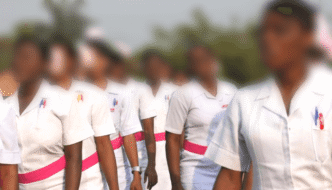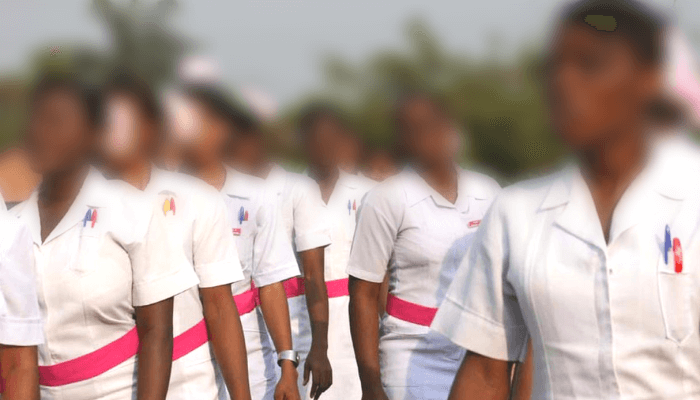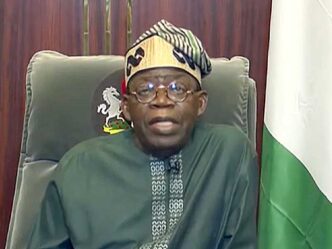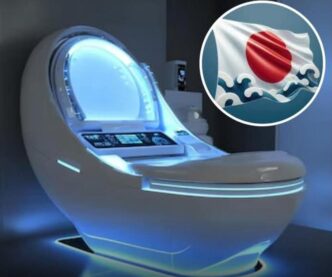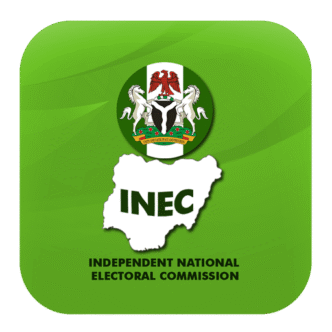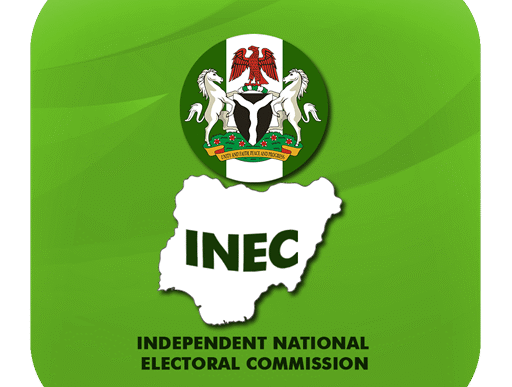The Nigeria Nurses and Midwives under the National Association of Nigeria Nurses and Midwives (NANNM), Federal Health Institutions Sector, have begun a nationwide seven-day warning strike.
The industrial action kicked off at midnight on Tuesday, July 30, 2025, across federal hospitals in all 36 states and the Federal Capital Territory.
This unexpected move has sparked growing concerns, as the strike affects over 74 government-owned hospitals including teaching hospitals, federal medical centres, specialist clinics, and general hospitals.
The strike follows the expiration of a 15-day ultimatum issued to the federal government.
The union had earlier warned that failure to meet their demands would result in a complete withdrawal of services by nurses and midwives working in federal health institutions.
Speaking on Monday, July 28, the National Chairman of NANNM-FHI, Morakinyo Rilwan, stated, “The 15-day ultimatum ends by Tuesday, July 29, 2025, by midnight, and the warning strike commences on Wednesday, July 30, 2025, at 12:01am.”
He further explained the widespread nature of the strike: “The action would include 74 federal hospitals – teaching hospitals, federal medical centres, specialist hospitals like orthopaedic, neuro-psychiatric, and eye centres, as well as all general hospitals and primary healthcare centres in the 36 states and the Federal Capital Territory, and 774 local government areas.”
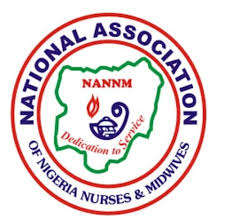
However, private hospitals are not affected. Rilwan clarified this by saying, “Private hospitals are not included. This is because for now the private practitioner nurses are not spread over Nigeria.”
The strike is rooted in long-standing issues including poor pay, understaffing, unsafe working environments, and unpaid allowances.
Despite the critical nature of these problems, the federal government has yet to begin negotiations.
On July 14, the association had given notice, appealing for swift government intervention.
However, their call has gone unanswered. “Despite the ultimatum, the federal government had not initiated any negotiations,” Rilwan lamented.
Their demands include the implementation of a revised scheme of service approved since 2016, proper representation in health decision-making bodies, and an upward review of professional allowances.
They are also calling for the immediate implementation of a court judgment from January 27, 2012, centralization of internship placements, and the establishment of a dedicated nursing department within the Federal Ministry of Health.
Furthermore, the association is requesting the withdrawal of a recent circular on revised allowances for health workers, which they claim unfairly impacts nurses.
Many Nigerians have taken to social media to express concern over the strike’s potential impact. For patients reliant on public hospitals, the coming days may be extremely difficult if no quick resolution is reached.
